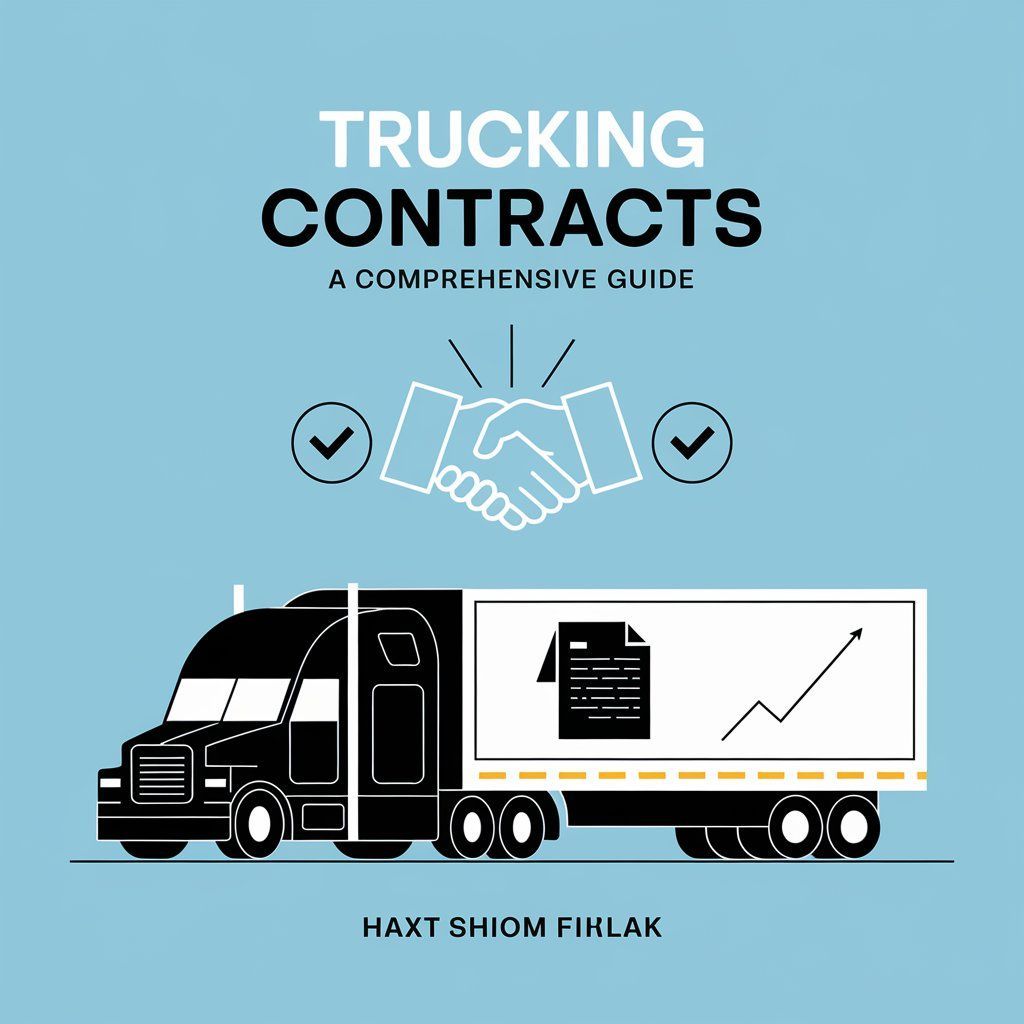Why Freight Brokers Need a Surety Bond and How to Verify It
The Importance of Surety Bonds for Freight Brokers: Ensuring Trust and Compliance
Freight brokers play a crucial role in the logistics industry by connecting shippers with carriers to ensure the smooth transport of goods. To operate legally and build trust with their partners, freight brokers are required to obtain a surety bond. This blog will explore why freight brokers need a surety bond, how to verify it, and how partnering with Atlas Factoring can support your financial needs.
1. What Is a Surety Bond?
A surety bond is a financial guarantee that protects shippers and carriers against fraud, non-payment, and other unethical practices by freight brokers. It involves three parties:
- Principal: The freight broker who needs the bond.
- Obligee: The entity requiring the bond, usually the Federal Motor Carrier Safety Administration (FMCSA).
- Surety: The company that issues the bond and ensures compliance.
The surety bond ensures that freight brokers adhere to industry regulations and fulfill their contractual obligations.
2. Legal Requirement
The FMCSA mandates that all freight brokers must have a valid surety bond to operate legally. The current requirement is a $75,000 bond, which serves as a safety net for shippers and carriers. This regulation was implemented under the Moving Ahead for Progress in the 21st Century Act (MAP-21) to increase accountability and protect stakeholders in the logistics industry.
Example: If a freight broker fails to pay a carrier for services rendered, the carrier can file a claim against the bond to recover their losses. This legal requirement ensures that only financially stable and trustworthy brokers can operate in the industry.
3. Building Trust and Credibility
Having a surety bond enhances a freight broker's credibility and trustworthiness. It reassures shippers and carriers that the broker is financially stable and committed to ethical business practices. This trust is crucial for establishing long-term partnerships and securing more business opportunities.
Example: A freight broker with a surety bond can confidently approach new clients and carriers, demonstrating their commitment to professional standards and financial responsibility.
4. Financial Protection for Partners
The surety bond provides financial protection to shippers and carriers in case the freight broker fails to meet their obligations. It acts as a form of insurance, ensuring that stakeholders are compensated for any financial losses incurred due to the broker's negligence or misconduct.
Example: If a freight broker goes out of business without paying their carriers, the affected carriers can file a claim against the bond to recover their payments, mitigating the financial risk associated with working with the broker.
5. Compliance with Industry Standards
Obtaining and maintaining a surety bond is part of complying with industry standards and regulations. It demonstrates that the freight broker is committed to following the rules set by the FMCSA and other regulatory bodies. Compliance with these standards is essential for operating legally and avoiding penalties or business disruptions.
Example: Regular audits and reviews by the FMCSA ensure that bonded freight brokers adhere to industry standards, fostering a fair and competitive marketplace.
6. How to Verify a Surety Bond
Verifying a freight broker's surety bond is essential for shippers and carriers to ensure they are working with a legitimate and trustworthy partner. Here’s how to verify it:
Check the FMCSA Database: The FMCSA maintains a public database of licensed and bonded freight brokers. You can search for a broker's information using their MC number or company name to verify the status of their surety bond.
Contact the Surety Company: Reach out to the surety company that issued the bond to confirm its validity and coverage. The surety company can provide detailed information about the bond and its status.
Request Proof of Bond: Ask the freight broker for a copy of their surety bond certificate. This document should include the bond number, effective dates, and the surety company’s details.
At Atlas Factoring, we understand the financial challenges that freight brokers face, including the need to obtain and maintain a surety bond. Our factoring services are designed to provide you with the financial stability and flexibility you need to thrive in this competitive industry. By factoring your invoices with Atlas Factoring, you can access immediate cash flow, making it easier to purchase a surety bond and cover other essential expenses.
Apply with Atlas Factoring today and experience the benefits of improved cash flow, reduced administrative workload, and enhanced growth opportunities. Let us help you focus on what you do best – connecting shippers with carriers – while we handle your financial needs. Contact us now to learn more about our services and how we can support your business.











Share On: